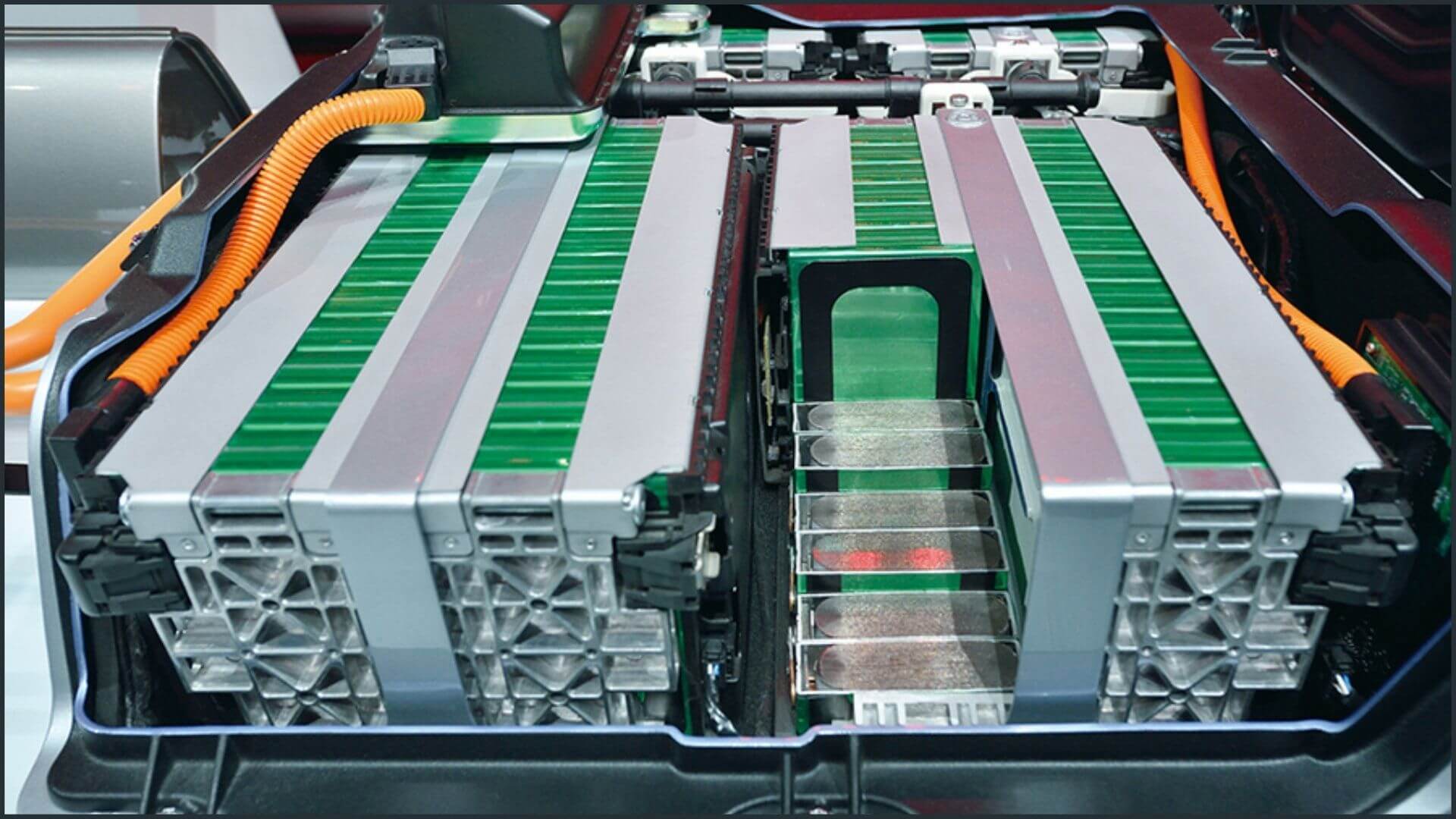In a breakthrough development, a team of engineers from Cornell University, led by Professor Lynden Archer, has unveiled a revolutionary lithium battery capable of charging in under five minutes. This remarkable speed, faster than any existing battery in the market, addresses the prevalent “range anxiety” among electric vehicle drivers, assuring extended travel distances without lengthy recharge times.
The key to this innovation lies in the team’s focus on the electrochemical reactions’ kinetics within the battery. Applying the concept of the Damköhler number, which assesses the reaction rate and material transport speed to a reaction site, the researchers identified indium, a soft metal, as an ideal material for the anode (negative electrode). Indium’s low migration energy barrier facilitates rapid ion diffusion, contributing to the battery’s swift charging capability.
Indium’s advantages extend further by preventing the formation of dendrites, needle-like structures that commonly grow on metal electrodes, posing threats of short circuits or fires. Contrasting with materials like graphite or silicon, the indium anode exhibited a smooth lithium electrodeposition, ensuring enhanced battery performance and safety.
The newly developed lithium battery not only charges in a mere five minutes, akin to filling up a gas tank, but also boasts impressive durability, enduring over 1,000 cycles of charging and discharging – a significant leap from the typical 200-300 cycles of conventional lithium batteries. Additionally, the battery delivers high power density, offering substantial energy output in a short timeframe.
Published in the journal Joule, the study pioneers the use of indium anodes for fast-charging batteries, introducing prospects for similar advancements with materials like tin or lead. The engineers anticipate their work to inspire further research and development in the realm of fast-charging batteries, particularly for electric vehicles.
Professor Archer expressed his excitement, stating, “We have shown that we can create battery electrode designs that charge and discharge in ways that align with daily routine. We believe that indium anodes have the potential to be a game-changer in the field of battery technology.”






